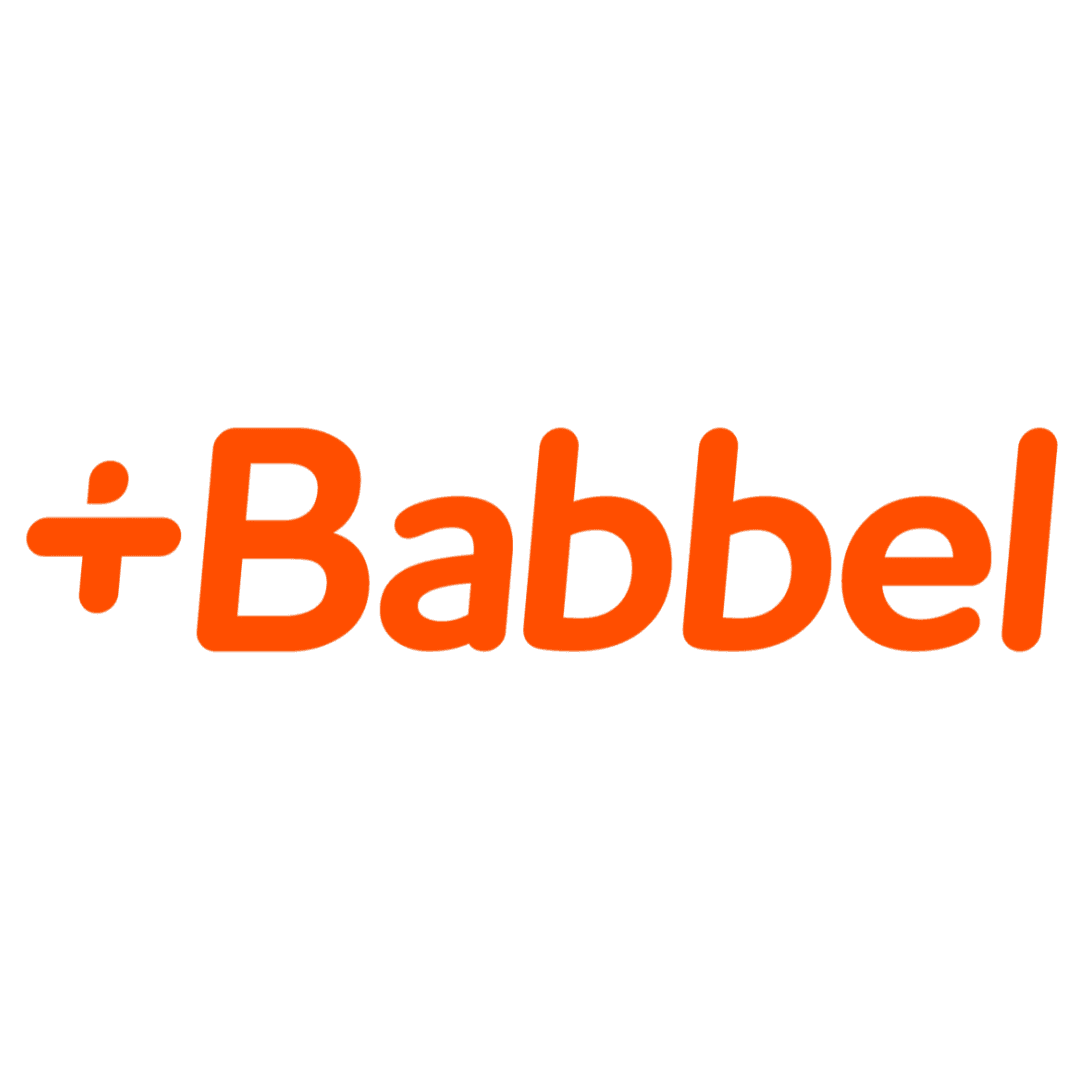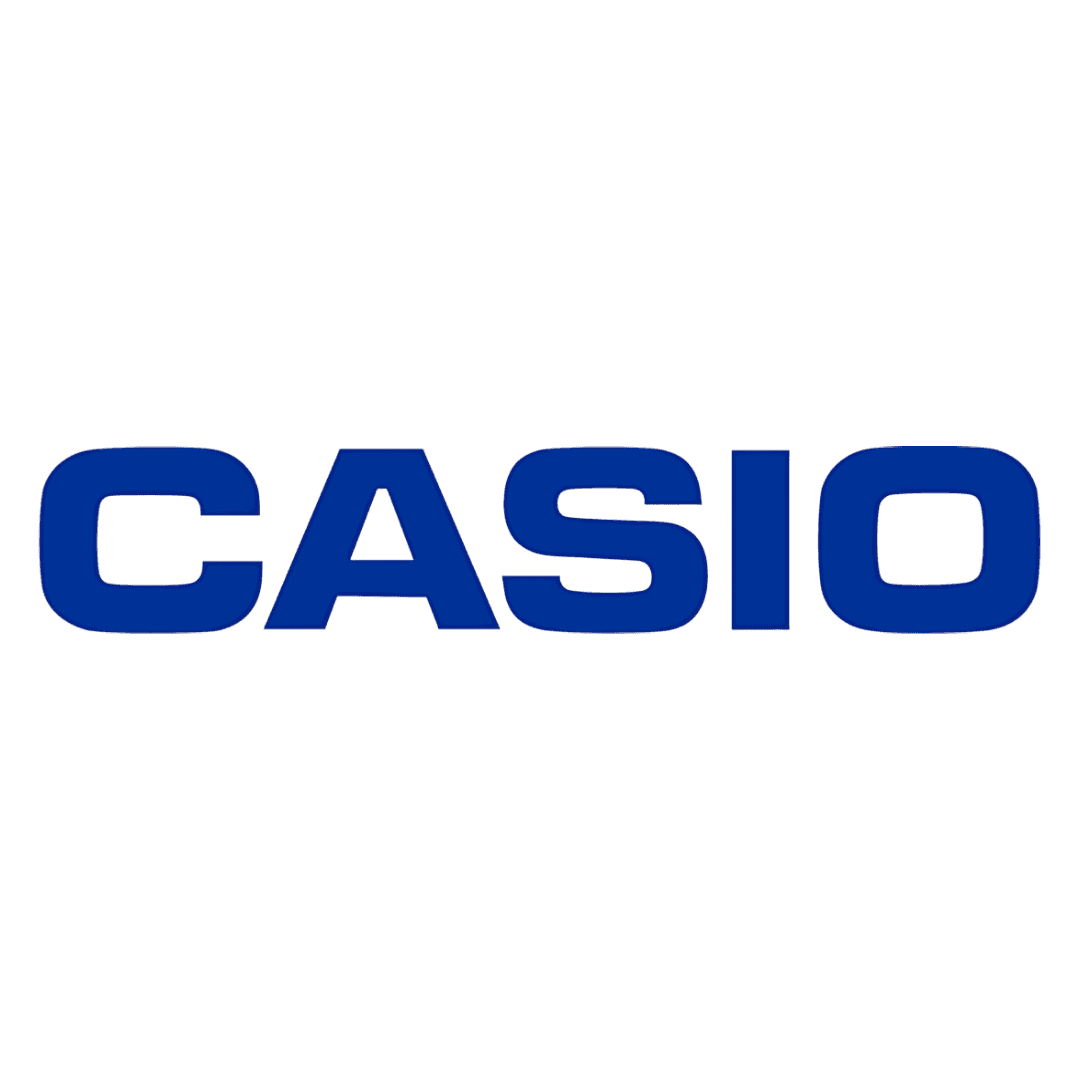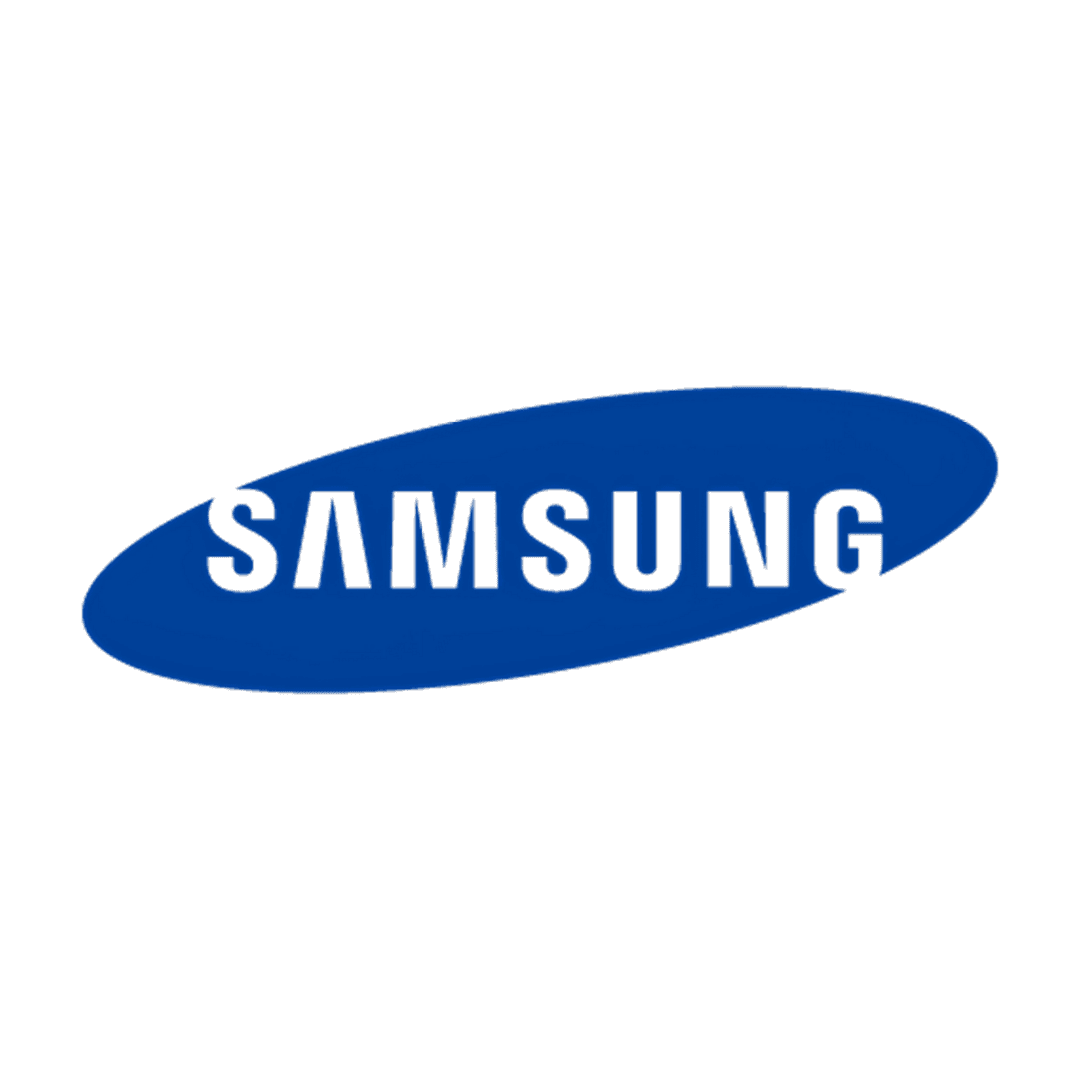You've Built the Brand. We Drive the Revenue.
Full-service marketing that drives customers, leads, and revenue while you focus on what you do best.
Matthew Nagy
COO / FounderTriumph Games
"Been working with Louka for over a year now. Cannot recommend them highly enough."
Growth that WorksAll FunnelLong
Lead Generation
High-converting funnels that fill your calendar with qualified prospects ready to buy.
- Lead magnet funnels
- VSL & webinar systems
- Email automation
- Paid traffic to booked calls
Paid Media Strategy
Meta, Google, TikTok, and beyond. We optimize your ad spend for maximum ROAS.
- Campaign optimization
- Audience targeting
- Performance tracking
- Multi-platform scaling
Creative Production
Ad creatives, landing pages, VSLs, and content that stops the scroll and drives action.
- Video & static ads
- Landing page design
- A/B testing
- Weekly creative refresh
Growth Strategy
Data-driven strategies that identify opportunities, eliminate bottlenecks, and scale profitably.
- Growth audits
- Conversion optimization
- Analytics & reporting
- Daily optimizations
Trusted by leading scalelords from Fortune 500 to startup hotshots












What Clients Say
Real businesses. Real results.
"We've been working with Louka for over a year now and really appreciate how they take the time to know and understand our product, brand, and direction."
"Their approach has been refreshing and has complemented our existing way of working perfectly."
"Tom's audit uncovered $17,000 in additional revenue we were leaving on the table every single month."

Provider Partners
Provider Partners
$17,000/month recovered
About Louka
We're a team of growth experts who actually deliver. No fluff, no vanity metrics—just strategic marketing that drives revenue.
Our Philosophy
We move fast—speed wins
We collaborate with clients, not just for them
We only work with businesses we care about
We think creatively to get you results
Be the growth partner that actually delivers. No fluff, no vanity metrics—just strategic marketing that drives real revenue, whether you're selling products or filling your calendar.
